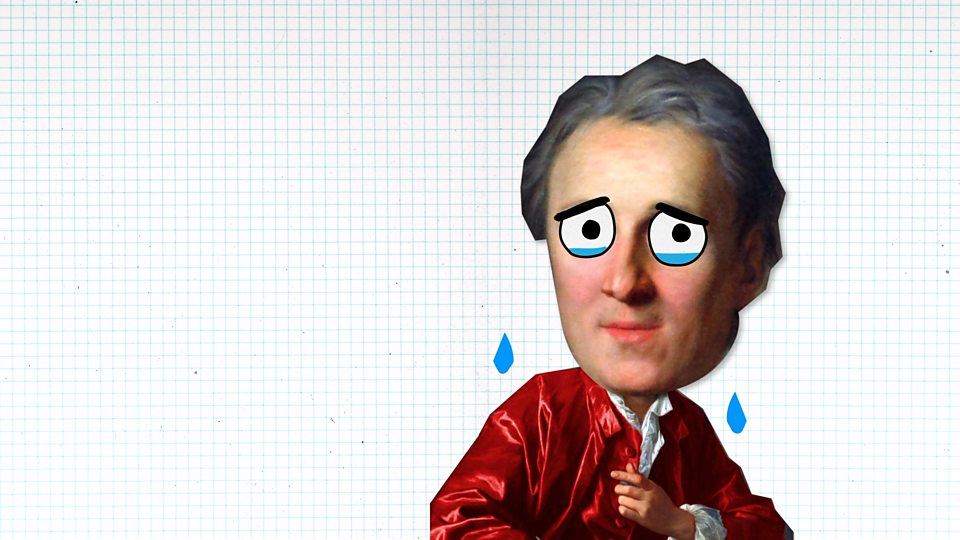skip to main |
skip to sidebar
'Two contradictory versions of reality can exist at the same time, quantum experiment shows
Experiments suggest there is no such thing as objective reality
From The Independent by Josh Gabbatiss
Two versions of reality can exist at the same time, at least in the quantum world, according to a new study.
Scientists have conducted tests to demonstrate a theoretical physics question first posed as a mere thought experiment decades ago.
Within the concept, two imaginary scientists are both deemed to be correct, despite arriving at totally different conclusions.
Demonstrating this in practice therefore calls into dispute fundamental questions about physics and suggests there is no such thing as objective reality.
The results were published on arXiv, a site for research that has yet to undergo full peer review, by a British team based at Heriot-Watt University.
They set out to explore “Wigner’s friend”, named after Nobel prize-winning physicist Eugene Wigner who came up with it 1961, which is based on the idea that a photon, or a particle of light, can exist in two possible states.
According to the laws of quantum mechanics, this “superposition” means the photon’s polarisation – or the axis upon which it spins – is both vertical and horizontal at the same time.
However, once one scientist in an isolated laboratory measures the photon, they find the photon’s polarisation is fixed at either vertical or horizontal.
At the same time, for someone who is outside the laboratory and is not aware of the result, the unmeasured photon is still in a state of superposition.
Despite these apparently conflicting realities, both are correct.
Read it all here, then get a Buddhist view at
Quantum Buddhism
How things exist - according to Buddhism and Science
Buddhism, Quantum Physics and Mind
 Here's a sequel to the post about the Hedonic treadmill. It's a discussion of The Diderot Effect from the BBC
No matter how much stuff you get it won't bring lasting happiness - just an increase in the desire for more of the same (or more of the very similar but newer).
Here's a sequel to the post about the Hedonic treadmill. It's a discussion of The Diderot Effect from the BBC
No matter how much stuff you get it won't bring lasting happiness - just an increase in the desire for more of the same (or more of the very similar but newer).

By Olga Khazan in The Atlantic
"...This was the first of two meditation sessions of the Kadampa Buddhism class I attended this week near my house, in Northern Virginia, and I did not reach nirvana. Because we were in a major city, occasional sirens outside blasted through the quiet, and because this was a church basement, people were laughing and talking in the hallways. One guy wandered in to ask if this was an Alcoholics Anonymous meeting. The more we focused on our breath, the teacher assured us, the more these distractions would fade away.
After we had meditated for 15 minutes, the teacher shifted focus to the topic of the class: letting go of resentments. This was the real reason I had come to this meditation class, rather than simply meditating on my own at home with an app. I wanted to learn more about Buddhism and how its teachings might be able to improve my mental health—and that of the myriad other Americans who have flocked to some form of the religion in recent years. These newcomers aren’t necessarily seeking spiritual enlightenment or a faith community, but rather hoping for a quick boost of cognitive healing.
The people I spoke with were young and old, but few were Buddhist by birth. Perhaps some have just run out of options: Mental-health disorders are up in Western societies, and the answer doesn’t seem to be church attendance, which is down. There’s always therapy, but it’s so expensive. My meditation class was $12.
As she opened a book on Buddhist teachings, the teacher told the class that holding grudges is harmful. Resentment feels like clutching a burning stick and complaining that it’s burning us. And yet, being harmed by someone also hurts. So, the teacher said, the question was this: “What do I do with my mind if I feel like I’ve been harmed by someone?...”
Read it all
